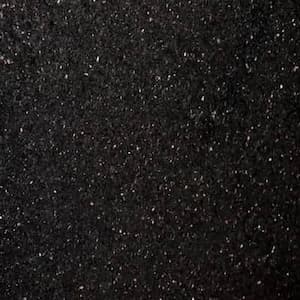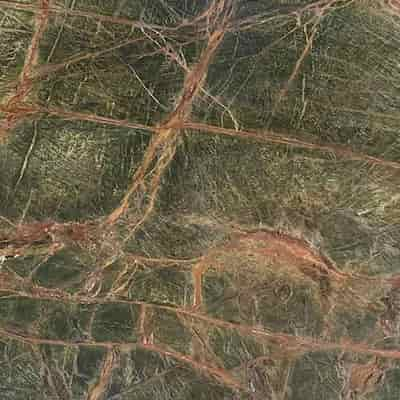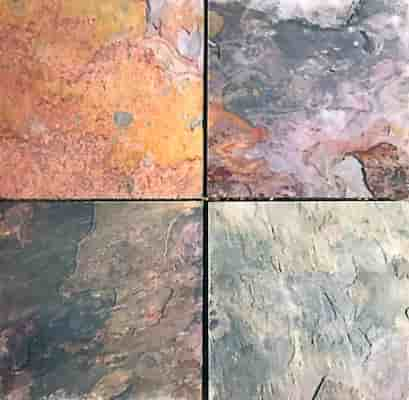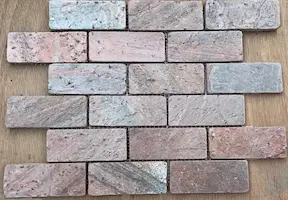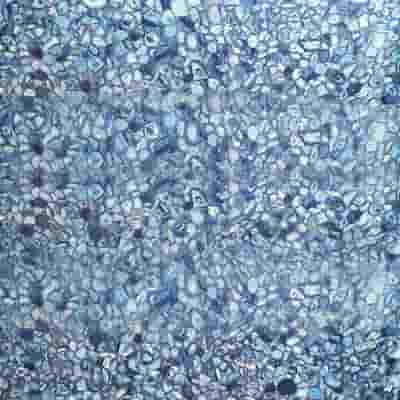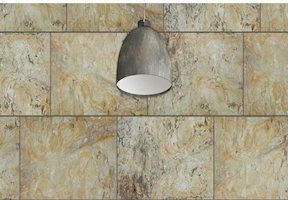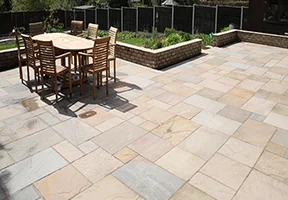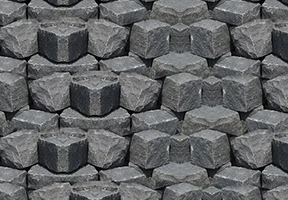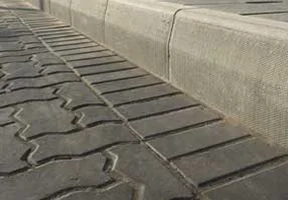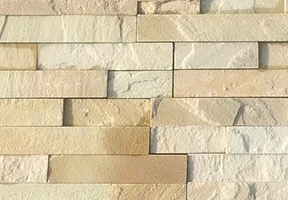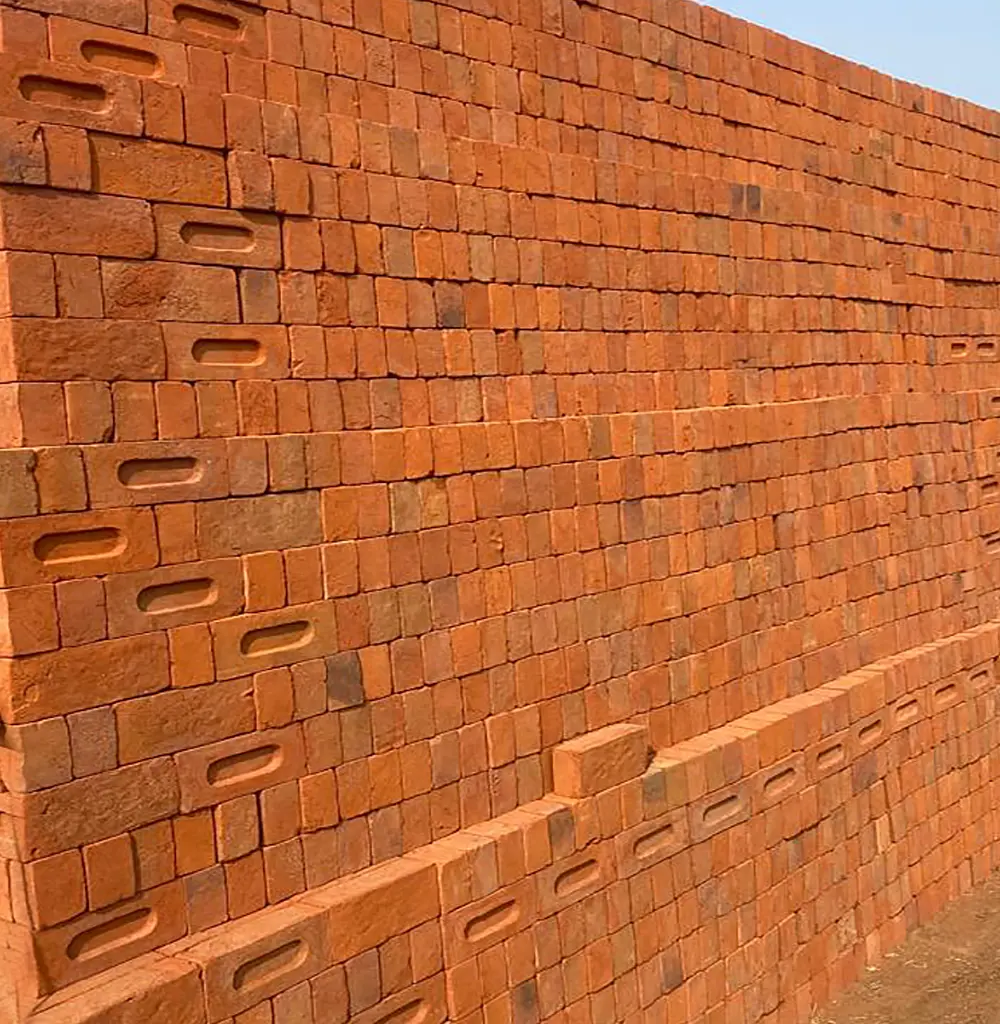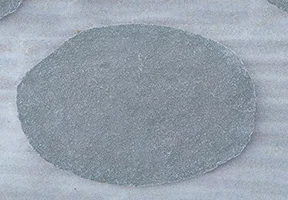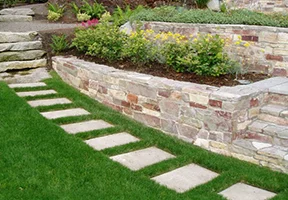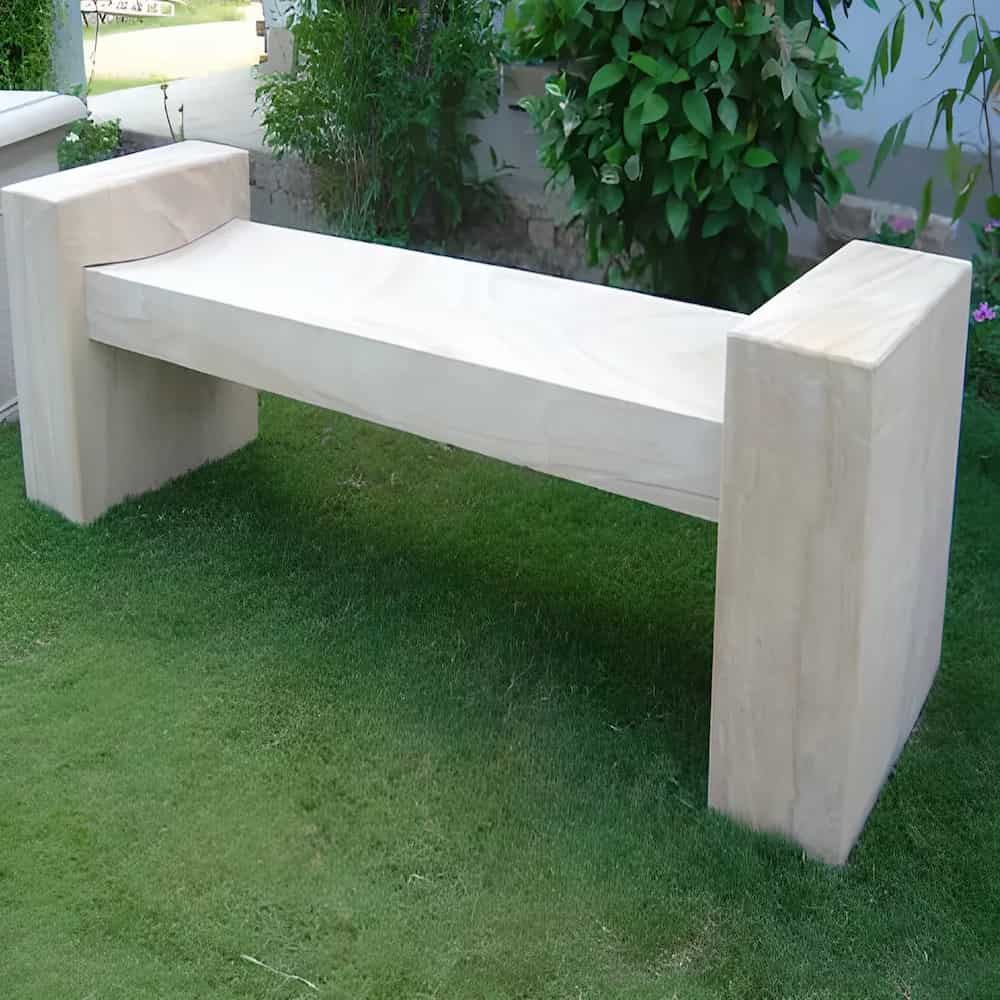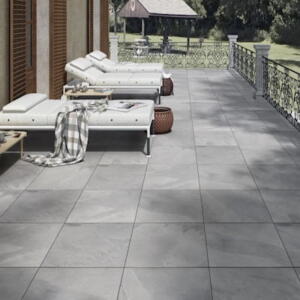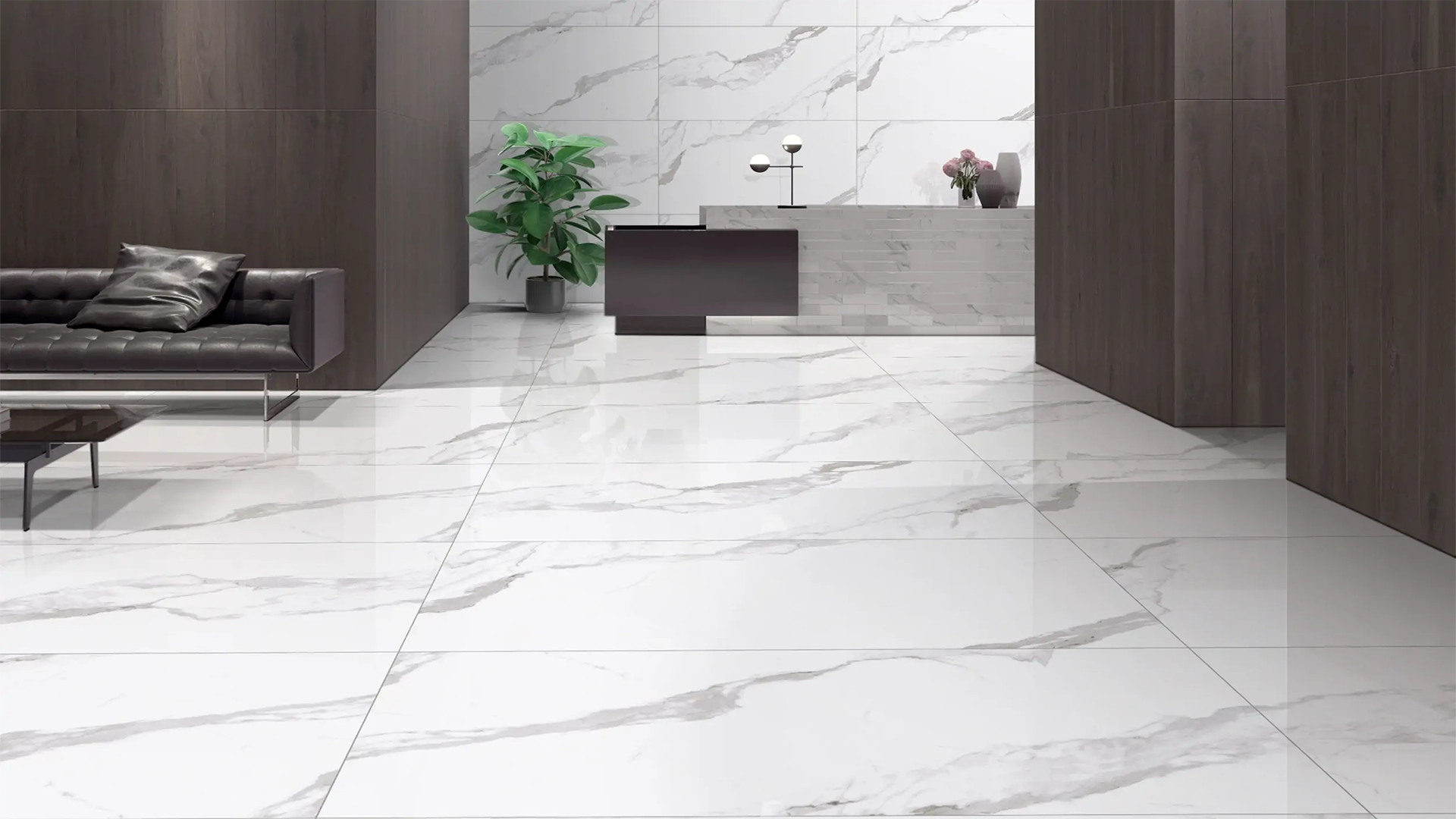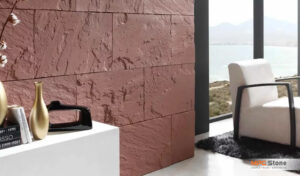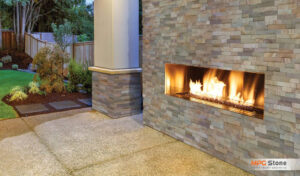When it comes to selecting kitchen countertops, homeowners often find themselves torn between two excellent choices: granite and porcelain. Both options have their unique qualities, and understanding them thoroughly can help you make an informed decision that suits your project needs. This article simplifies and compares granite and porcelain countertops to help you choose the best option for your home.
Granite is one of the most favorable options for kitchen countertops, which people have been using for thousands of years. On the other hand, Porcelain slabs recently came into the trend as one of the most popular countertop options in the USA and worldwide, but they have been popular in Europe for years now.
Choosing one among both good options can be a daunting task. That’s why we are here to let you decide which can be the go-to option for you based on different parameters and criteria. Go through every aspect thoroughly and choose the best option for your project’s needs.
Read to learn more.
Porcelain Countertops vs Granite

1. Type Of Stone
Granite is a natural stone formed under the earth’s surface over hundreds and thousands of years. On the other hand, Porcelain is an engineered stone that is specifically made to mimic the look of natural stone.
2. Material Composition
Granite stone is composed of igneous rock of crystalline structure, which is formed of cool magma and contains minerals like quartz, feldspar, amphibole, and mica. On the other hand, porcelain is made by firing it at high temperatures and includes components like silica, feldspar, clay, and other minerals.
3. Appearance
Being a natural stone, granite countertops have a unique and natural appearance with distinctive lining and patterns throughout the surface. It also often features some flecks and visible grains of different materials that create a distinctive look.
Porcelain, on the other hand, being an engineered stone, mimics the look of various natural stones, including granite. But porcelain countertops offer a more consistent and uniform look than granite countertops, with a number of various design and color opportunities.
4. Durability
Granite is a highly durable natural material, specifically known for its strength and hardness, which come in at 6 on the Mohs scale of hardness, after diamond, which is at 10. While porcelain is also a hard and strong material and has a denser surface due to its manufacturing process after heating it at a very high temperature.
5. Porosity
Granite is a porous material that, if not appropriately sealed, can absorb moisture and spills, resulting in damage to the stone from the inside. At the same time, porcelain is a non-porous material that doesn’t require any sealing and eventually doesn’t let any spills or moisture penetrate its surface.
6. Maintenance
Granite countertops require periodic sealing to keep their surfaces safe from spills and moisture. And spills should be cleaned up promptly to prevent staining. On the other hand, porcelain requires low maintenance as its surface is stain-resistant and also doesn’t require sealing.
7. Resistance
Granite is a highly resistant material to heat, and scratches, and can also withstand harsh weather conditions and normal wear and tear, but it can be cracked if hit by a sharp object. On the other hand, porcelain is a highly resistant material to heat, moisture, scratches, and stains and can also withstand extreme weather conditions in the UK’s environment.
8. Weight
Among both stones, granite countertops are heavier in comparison and are recommended to be treated with care only by professionals due to their natural stone composition. While porcelain slabs are lighter than granite slabs and are much more flexible, they are still heavier in nature and can only be treated by experts.
9. Origin
When we talk about the origin, granite, being a natural stone, is extracted from quarries. And comes from the natural deposits of granite rock in the earth. In comparison, porcelain is an engineered stone that is specifically created using a combination of different raw materials.
10. Cost
When comparing granite and porcelain stones, we find that granite is known for its natural components and unique characteristics, which come with some additional maintenance considerations. On the other hand, porcelain is a relatively more affordable option that doesn’t require sealing and offers cost-effectiveness in comparison.
End Note
Both materials have their unique strengths and characteristics, and understanding them thoroughly can help you make an informed decision that suits your project needs and both have their merits, and the choice ultimately depends on your preferences, budget, and lifestyle.
If you value the allure of natural stone with its unique variations, granite may be your top pick. However, if you seek a versatile, durable, and low-maintenance surface, porcelain might be a better fit for your kitchen countertops.
Regardless of your choice, be sure to consult with professionals to ensure proper installation and long-lasting beauty for your kitchen countertops. Whether you opt for the timeless elegance of granite or the modern appeal of porcelain, a well-chosen countertop will undoubtedly enhance the beauty and functionality of your kitchen for years to come.
At MPG Stone, we offer a wide range of countertop options, including both porcelain and granite. Our team of experts can help you choose the perfect countertop material for your needs.
Contact us today to schedule a consultation!


